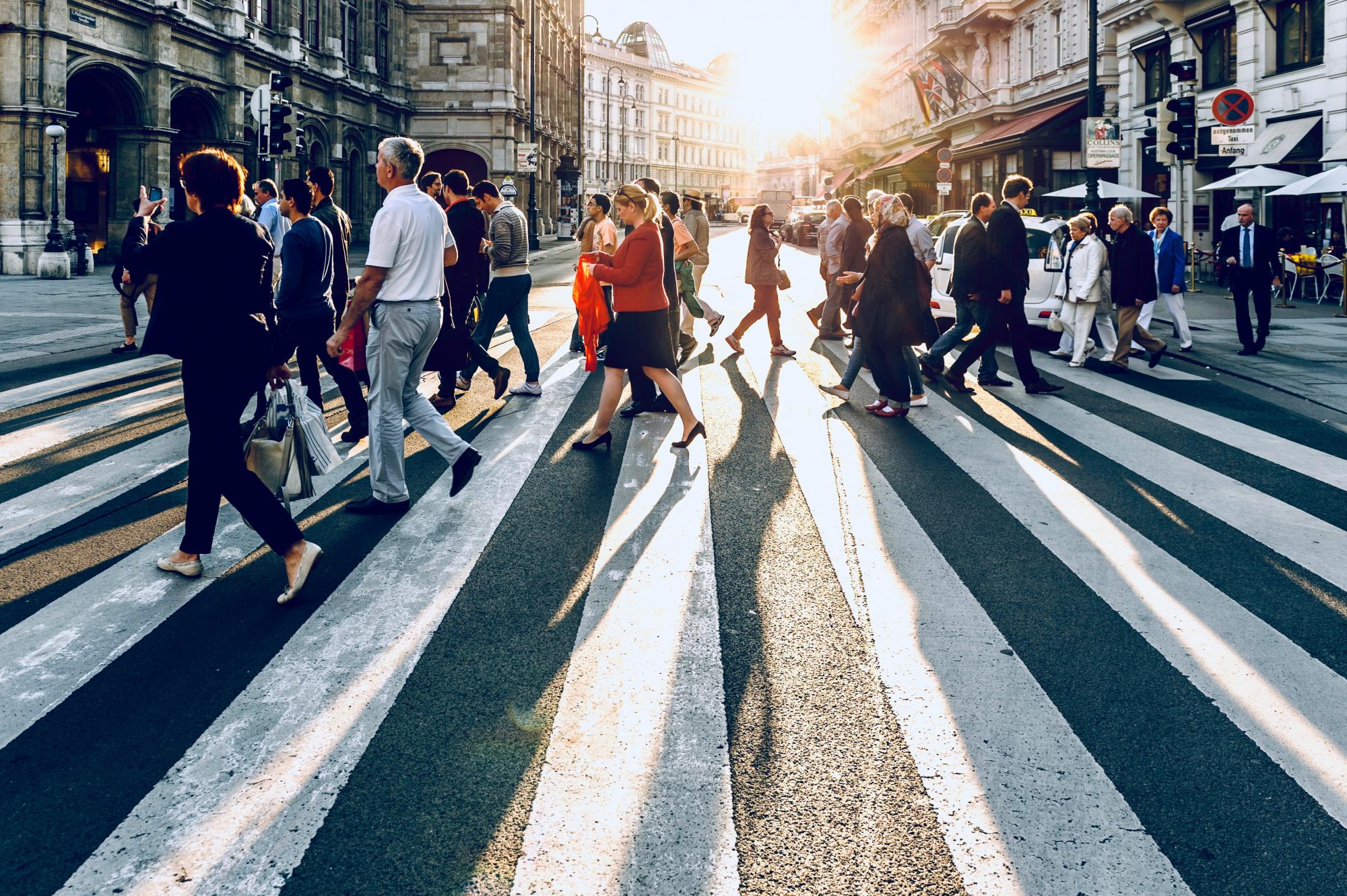Test- FTSE 100 Kicks Off August on a High as BP and Senior Lead Market Momentum
$11
10 Oct 2025, 13:13

Unsplash.com

The Institute for Fiscal Studies has warned that workers in their 30s and 40s are set for difficult retirements as the riches of today's seniors encourage complacency in government.
According to a think tank, 9 out of 10 workers are saving less than what is required for a good quality of life in retirement as last-salary pensions fade from the private sector and individuals fail to contribute enough.
The middle class is the worst hit, but even the richest fifth is cutting back on retirement savings, and self-employment pensions have "collapsed," according to a fresh study.
According to the IFS, workers, bosses, and the government may all be required to contribute additional funds to avert a situation that has been "put on the backburner" by politicians.
Rising property prices deepen the situation, with the number of seniors renting their houses expected to quadruple in a decade, says the IFS, and "the future looks risky at best for many current workers hoping for a comfortable retirement."
The IFS's Paul Johnson pointed out that "the money has got to come from somewhere," but stressed that "very few people feel that now is the time to put a lot more in as we face the cost of living squeeze."
The affluence of the baby boom generation, along with measures like the triple lock, has resulted in today's seniors being wealthier than the norm, with just 18% living in poverty, compared to 31% of families with children.
"Over the last decade or so, state and private pensions have provided significantly better outcomes for many retirees." However, there is a risk that this has led to policymakers becoming complacent," Johnson warned.
As recommended by Lord Turner's commission, individuals should save around 15% of their income in order to obtain a retirement income that is roughly two-thirds of their pay.
Whereas 87% of middle-income individuals in the private sector save less than this, with even 70% of the richest fifth falling short.
50% of employees in the private sector fail to save even 8% of their wages, with one in every six contributing less than 5%.
The IFS is especially worried about the "remarkable decline" in self-employment pension saving, with the number of people that contribute declining even as more people work for themselves. Only 17% of self-employed people save for a pension, down from 46% in 1998.
(thetimes.com, thisismoney.co.uk)